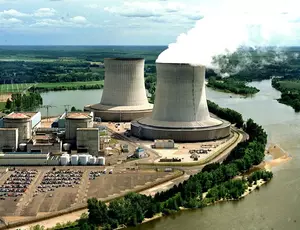Graphitech designs systems for inspections, remote materials handling with specialist tools, and waste extraction. These complex engineering systems are custom designed to meet the needs of each project and for deployment in hostile environments.
Services offered by Graphitech cover everything from initial design studies during concept design phases, to full-scale testing, combining:
● preparation and analysis of dismantlement scenarios (feasibility, technical choices, technical specifications, etc.)
● preliminary and detailed design studies
● selective analysis of digital methods required for dismantlement operations
● choice of technological developments to use for dismantlement (remote-operated tools and articulated arms for extraction of graphite, design of secure platforms for running the intervention, deployment choices and methods, etc.)
● construction and certification of robotic tools and systems
● use of digital modelling techniques for the tools and systems to be deployed in nuclear environments (anticipation and prior simulation of radioprotection problems to ensure optimal operator safety)
● physical testing at the Chinon industrial demonstrator using scale mock-ups
● operator training for the tools developed
Bringing these skills together in a single process, designed to optimize and consolidate dismantling scenarios, allows clients to reduce and control risks and timelines associated with their dismantling operations.
By adopting an approach focused specifically on processing graphite reactors, our experts develop solutions and technologies created specifically for reactors of this type. This reduces risks associated with designing, developing, testing and deploying the tools created.
Comprehensive knowledge of the specific situation enables operators to choose an approach that fully reflects the technical specifications of these types of reactors.
By optimizing dismantling scenarios, our experts are able to set out a range of possible plans of action, studying the most convincing intervention options by examining the risks as well as the financial and human imperatives.
Consolidating intervention schedules means reducing delays, which means we can set out dismantlement scenarios with deliverable timeframes.
Training is one of the biggest issues facing our profession. It is critical that know-how is handed on from generation to generation, passing on the technical skills and knowledge built up in the profession. The virtual reality solutions we develop make it easier to train our operators to continuously upgrade and update their knowledge.





